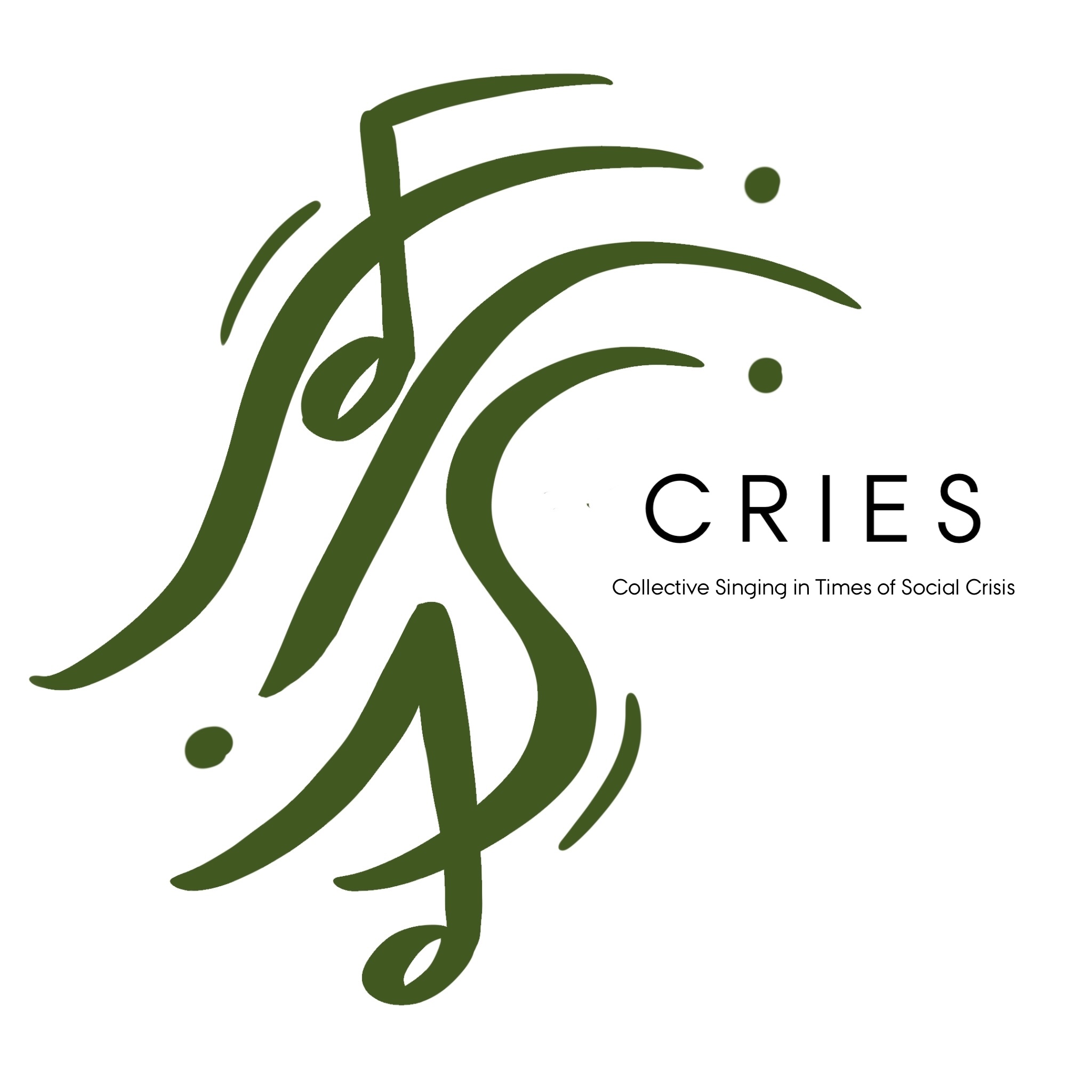C R I E S

C R I E S : CRIses Established Singing. Investigations into the Inherent Potential of Collective Singing in Times of Social Crises in the Scandinavian and Baltic Regions
Project implementation: 01.01.2025. – 31.12.2027.
Project duration: 36 months
Project acronym: CRIES
Project No: CHANSE-CR-980
Project funding: 957 797.00 EUR
Funded and supported by: CHANSE (Collaboration of Humanities and Social Sciences in Europe) un HERA (The Humanities in the European Research Area
Project website:
https://www.linkedin.com/company/the-cries-project/
More information:
Project administrator Rasa Laua, +371 26445141, rasa.laua@lka.edu.lv
About the Project
This project investigates the role of collective singing during times of social crisis in the Baltic and Scandinavian regions, from around 1800 to the present. Singing together seems to be a universal human response to crisis—a notion recently reinforced by recent viral videos of singing in Ukrainian bomb shelters. Scandinavian and Baltic countries, known for their rich traditions of collective singing, have historically used song to foster cultural resilience, resolve conflicts, and promote inclusivity. Examples range from Denmark’s singing resistance after the Second Schleswig War and WWII to Norway’s response to the 2011 Utøya attack, and from Lithuanian deportees singing in Siberian labor camps to Baltic citizens singing for independence from the Soviet Union.
Scholars agree that singing traditions in these regions play a key role in shaping social cohesion, cultural identity, and heritage. Yet, despite these apparent similarities, no studies have directly compared singing practices across Scandinavia and the Baltics. The CRIES project addresses this gap, investigating the diverse social impacts of collective singing during crises. It seeks to clarify how singing can foster communal bonds while also carrying the potential to foster exclusion or discord. Given Europe’s current challenges—warfare, lingering impacts of COVID-19, and rising digital isolation—studying practices that enhance social trust, and cohesion is more important than ever.
Spanning from 1800 to the present, CRIES combines historical analysis, computational humanities, musicology, and ethnography. The project examines both historical and contemporary cases, including a study of Ukrainian refugees in Scandinavia and the Baltics, to explore if and how collective singing supports cultural identity in displacement.
Working with prominent partners such as national libraries and Europe’s largest choral festival, CRIES provides an interdisciplinary perspective on how singing traditions function in various crisis contexts. This research aims to offer insights for policymakers on the unifying and potentially divisive effects of collective singing, especially during times of social upheaval. By developing a digital archive, CRIES will make its findings accessible to researchers and the public, underscoring the enduring importance of collective singing as a powerful, double-edged tool for social cohesion and resilience.
CRIES Latvia team
Rūta Muktupāvela (Project leader in LAC)
Anda Laķe (Lead project participant)
Aleida Bertran (Project participant)
Agnese Karlsone (Project participant)
Rasa Laua (Project administrator)
